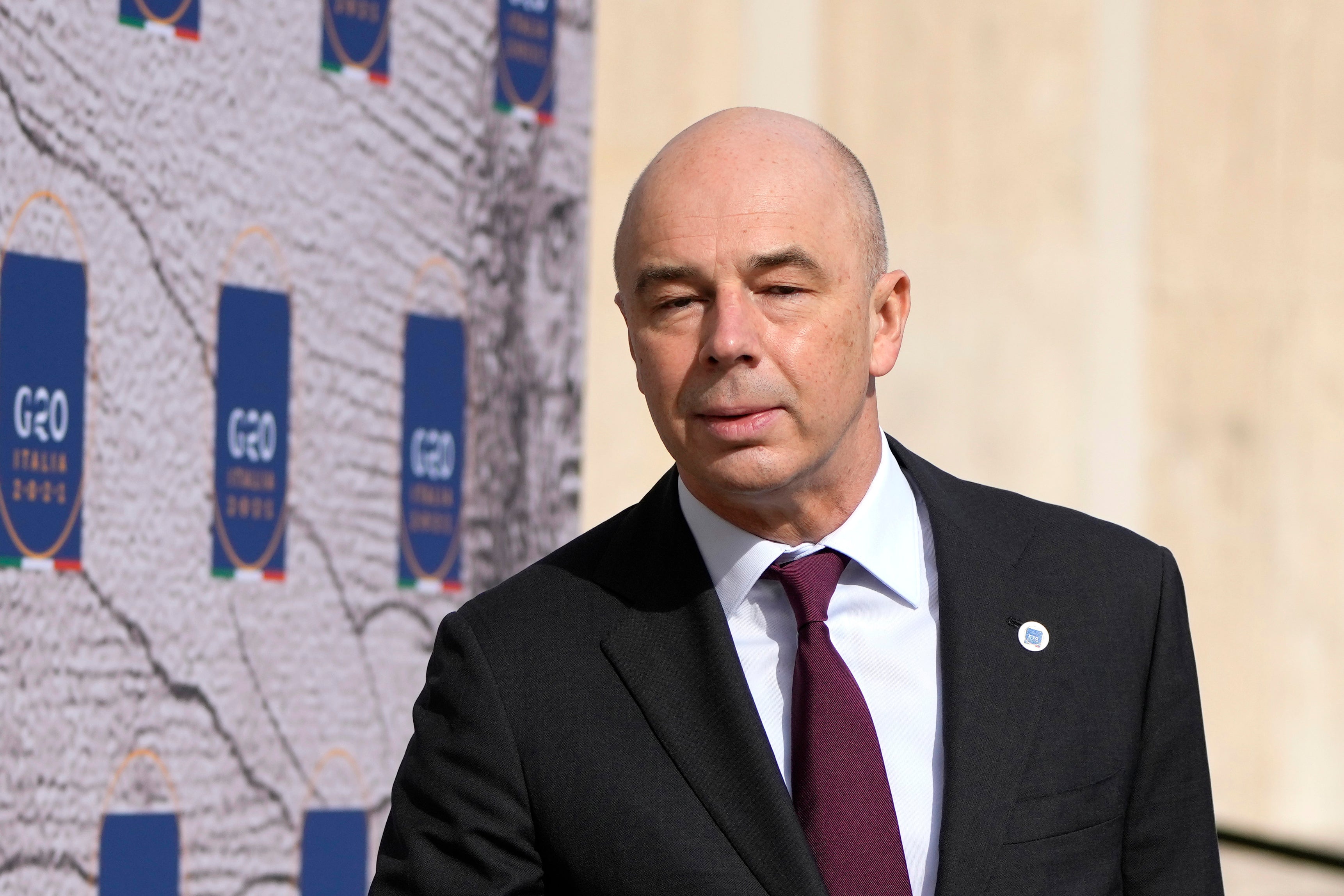Russia offers foreign debt payment system similar to gas one
Russia says it will use an arrangement similar to that used for payments for its gas supplies to pay its dollar-denominated foreign debts

Your support helps us to tell the story
From reproductive rights to climate change to Big Tech, The Independent is on the ground when the story is developing. Whether it's investigating the financials of Elon Musk's pro-Trump PAC or producing our latest documentary, 'The A Word', which shines a light on the American women fighting for reproductive rights, we know how important it is to parse out the facts from the messaging.
At such a critical moment in US history, we need reporters on the ground. Your donation allows us to keep sending journalists to speak to both sides of the story.
The Independent is trusted by Americans across the entire political spectrum. And unlike many other quality news outlets, we choose not to lock Americans out of our reporting and analysis with paywalls. We believe quality journalism should be available to everyone, paid for by those who can afford it.
Your support makes all the difference.Russia said Monday it may use an arrangement similar to that used for payments for its gas supplies to pay its dollar-denominated foreign debts.
The Vedomosti business daily quoted Finance Minister Anton Siluanov as saying that Russia will offer the holders of its Eurobond obligations to accept a payment system bypassing Western financial infrastructure.
Russia previously has offered the customers receiving its natural gas to establish an account in dollars or euros at Russia’s third-largest bank, Gazprombank, then a second account in rubles. The importer would pay the gas bill in euros or dollars and direct the bank to exchange the money for rubles.
The system was established on Russian President Vladimir Putin’s order and aims to avoid a risk of payments for gas being frozen as part of Western sanctions against Russia for its action in Ukraine.
Siluanov told Vedomosti that a mechanism similar to that will be set for Eurobond holders, who will be offered to open foreign currency and ruble accounts at a Russian bank.
“In payments for gas, we are credited with foreign currency and it’s converted into rubles,” Siluanov was quoted by Vedomosti as saying. “The Eurobond settlement mechanism will work in the same way, just in the other direction.”
He said payments will be made through Russia’s National Settlement Depository.
Asked about Siluanov’s comments, Kremlin spokesman Dmitry Peskov told reporters that “the practice of payments for gas has proven to be convenient for both the seller and the buyers, so why not to use it in the opposite form.”
On Wednesday, the U.S. Treasury Department led by Janet Yellen allowed a license that permitted Russia to keep paying its debtholders through American banks to expire. The license applied to American investors and international investors who have dollar-denominated debt or bonds.
Russia says it will pay dollar-denominated foreign debt in rubles, a move that is likely to be seen by foreign investors as a default.
The U.S. Treasury Department led by Janet Yellen allowed a license to expire Wednesday that permitted Russia to keep paying its debtholders through American banks. The license applied to American investors and international investors who have dollar-denominated debt or bonds.
Russia responded to the move by saying that it will pay in rubles and offer “the opportunity for subsequent conversion into the original currency,” and Siluanov spelled it out Monday by describing the proposed payment mechanism.
It's not clear whether the Russian offer will be accepted by Eurobond holders, allowing Russia to avoid a default.
Russia has not defaulted on its international debts since the 1917 Bolshevik Revolution, when the Russian Empire collapsed and the Soviet Union was created. Russia defaulted on its domestic debts in the late 1990s during the Asian financial crisis, but was able to recover from that default with the help of international aid.